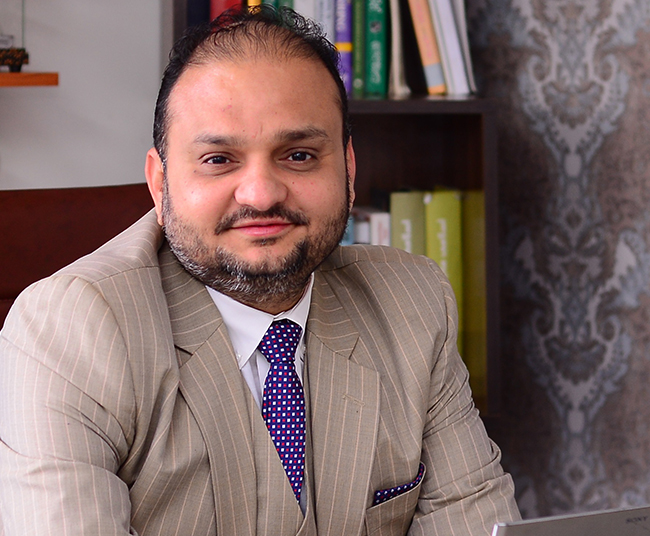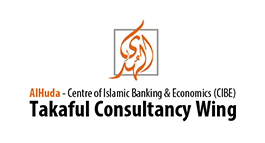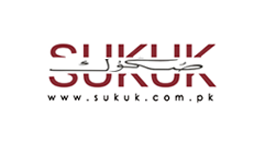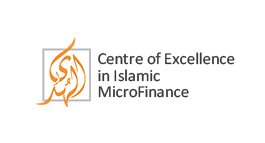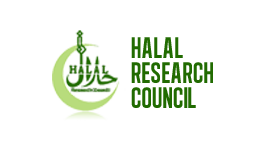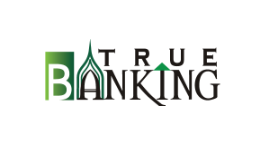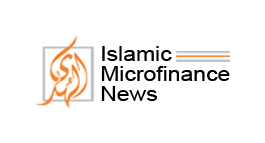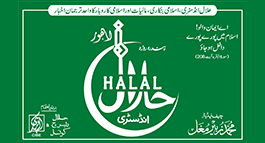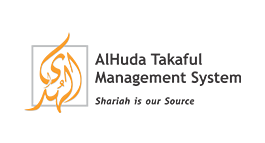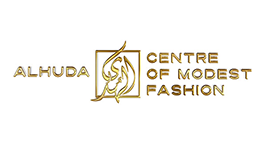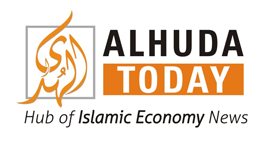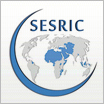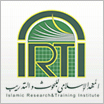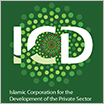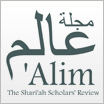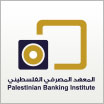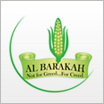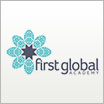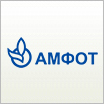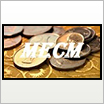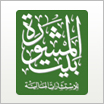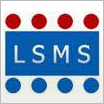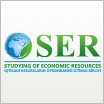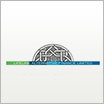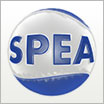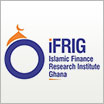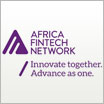Islamic Banking and Finance is Emerging in The Philippines
Under the Theme of Financial Inclusion through Enterprise Development for Poverty Alleviation
Writer: Muhammad Zubair Mughal (zubair.mughal@alhudacibe.com) Islamic banking and finance will be a major contributing industry of Philippines in near future as it is a double digit growing emerging phenomenon due to its sustainable and viable characteristics from last several years. The total volume of Islamic banking and finance has crossed $2.6 trillion globally. The growth of the Islamic banking and finance volume in different continents and areas is continuously increasing with the positive node. Due to the reason, total 2,500 Islamic banking and financial institutions are working in every populated continent including both Muslims and non-Muslim countries. IsBF has different modes of financing and rage of products as compare to its counterpart conventional banking and finance. Although the product of IsBF are more complex but are sustainable and efficient, the same has been proved through various research studies and analysis. The more efficient example is the recent financial crisis in which IsBF sustained due to its distinguished features.
The Philippines, although is a Christine dominant country but Muslims are also the part of the population in Marawi City of Mindanao island of the Philippines. So, to cater the need of those Muslims, 40 years from now, an initiative had been taken to fulfill the financial needs of the population by granting a legislative charter to Al-Amanah Bank, the first Islamic bank in the country. That bank was finally reorganized and phased-out in 1990 with the establishment of Al-Amanah Islamic Investment Bank of the Philippines. In 2008, the Development Bank of the Philippines took over the operations of Al-Amanah due to some deficiencies in its charter and the lack of legal framework for its operations. It is the only Shariah compliant lender in the country, whereas, Shariah refers to “the practical divine law deduced from its legitimate sources: The Qur’an, Sunnah, and consensus of Muslim scholars, analogical deduction and other approved sources of Islamic law.”
The Philippine government worked on a legislation for the development of Islamic finance and its framework in 2018 that would allow the country to set up more Islamic banks, reach-out to its underbanked more-than 10mn Muslim community and issue government and corporate Sukuk, in line with President Rodrigo Duterte’s economic reform agenda to push the Islamic finance industry for the nation.
According to Benjamin Diokno, budget secretary in the Philippines’ Department of Budget and Management, the administration’s financing strategy aimed at “continuously diversifying the country’s investor base” and to seek ways to fund Duterte’s multi billion “Build, Build, Build” infrastructure program. He also said, the legislative process may take another year before coming into reality and Sukuk issuances could not be expected before the beginning of 2020 at the earliest. Sukuk issuance would enable the country to tap funds from the 57 member-countries of the Organization of Islamic Co-operation (OIC).
This initiative is supported by the Asian Development Bank, which earlier year of 2018 granted “technical assistance” to develop Islamic finance in the country. The Philippine central bank has been tasked in April 2018 to contribute to the development of a regulatory framework for Islamic finance and to strengthen regulatory and market capacity to deliver Islamic financial services. The aim was to complete this phase by the ending month of 2019. Recently, a party-list lawmaker called on the Development Bank of the Philippines (DBP) to focus its efforts in persuading the Senate to fast-track the approval of the Islamic Banking and Financing framework in the country to make Islamic banking more accessible.
The new legislation aimed to seek financial inclusion and to promote financial opportunities to the unbanked Muslim population by authorizing the establishment of more Islamic banks and Islamic windows with more comprehensive Islamic banking services. The legislation will also provide the legal and Shariah framework for the issuance of Sukuk, Shariah based financing contracts etc. This would also enable Muslim investors to participate in the domestic capital market without damaging their Shariah believes. The legislation is also expected to pave the way for the entry of foreign Islamic banks into the Philippines.
This will not only attract local Muslim investors but also from other Muslim countries in Southeast Asia, the Middle East and Northern Africa. They will have more reasons and incentives to participate in the growth of the Philippines economy. As soon as the framework start working, the Philippines Board of Investment plans – as a start – to go on an Islamic banking roadshow in Malaysia, Indonesia, Singapore, Saudi Arabia, UAE, Qatar, Morocco and with other countries to follow. Islamic banking and finance would also be attractive to non-Muslim investors within or outside the Philippines, who are looking forward to new asset classes, instruments and products to diversify the portfolios.
Keeping in view the all facets and multifold benefits, a bill authorizing the expansion of Islamic banking system in the Philippines under the supervision of the Bangko Sentral ng Pilipinas (BSP) and regulation by the Monetary Board (MB) has been approved on third reading by the Senate in August-2019. This, however, does not exclude conventional banks from engaging in Islamic banking arrangements, including structures and transactions through a designated Islamic banking window within the bank, and provided that there will be a system for segregating the transactions of the Islamic banking window from its conventional banking transactions. Under this proposed measure, a policy infrastructure will be provided that shall enable Islamic banks to organize and thereafter provide all Filipinos the economic opportunity for inclusive growth by providing Islamic banking and finance services. Moreover, the Monetary Board will regulate the number of participants in the Islamic banking system, taking into account the requirements of the economy, financial stability and the need for healthy competition.
Foreign and local investors eyeing new investments in Islamic banking and finance now have the go-signal to move forward with their plans for the Philippines, especially Mindanao and cities where there are concentrations of Filipino Muslims and Muslim expatriates. According to Philippine central bank deputy governor of the financial supervision sector, Chuchi Fonacier, several domestic banks are now considering setting up their own Islamic banking windows, while one foreign bank has already signalised interest in applying for an Islamic banking license, but she did not specify on the latter.
Filipino Muslims, which are about 10% of total population will have access to a wider range of Islamic banking services under a new law signed by President Rodrigo Duterte. The expansion of the Islamic banking system in the country will be carried out under the supervision of the Philippines Central Bank and its Monetary Board. This step will strengthen and geared-up the economic growth of the country.
The writer has started putting his research, advisory, consultancy and capacity building services in Philippines for Islamic banking and finance industry from last eight years. In this connection he has conducted various capacity building and training workshops to build the capacity of local financial, banking and insurance professionals. AlHuda Center of Islamic Banking and Economics (CIBE) has started working on Islamic banking and finance research, advisory, consultancy and capacity building services from 2006 and now serving in different countries of the world. AlHuda CIBE has conducted various capacity building and training workshops and arranged conferences. In this connection, AlHuda CIBE is going to organize specialized training work shop of its kind titled “Islamic banking, finance and Islamic Microfinance” on 9th - 10th July, 2020, in Manila, Philippines to cater the needs of the Islamic banking and finance industry.

